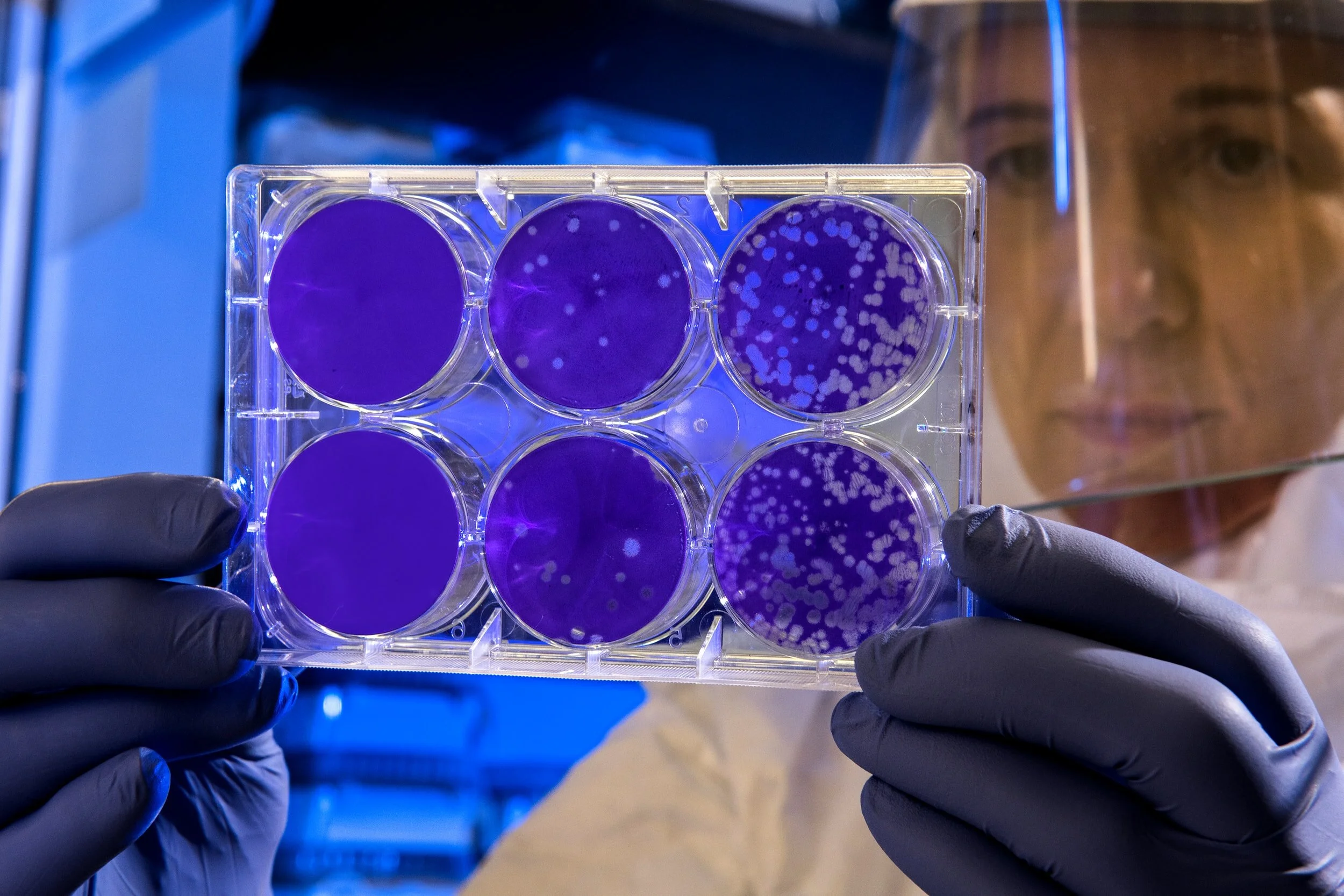ALLERGIC AND IMMUNOLOGIC REACTIONS
WHAT IS THE DIFFERENCE?
All my discussions and publicities about Covid- 19 vaccines, vaccine opponents, politization of vaccination kindled my curiosity about the immune system, allergic and immunologic reactions, and autoimmune diseases. I investigated and studied these topics, again and much more carefully.
Right from the onset, I would like to say that refusing to get vaccinated is not a freedom of choice, it is refusing to use the God given power of your immune system to protect yourself and the community you belong to from a deadly disease, and to prevent the virus from mutating to a mode infectious form. Therefore, your behavior is nothing more than ignorant, ego-centric, and irresponsible behaviors.
In my blog, I try to address medical issues and problems with a simple language, without medical jargons, for my readers to understand these topics better. I thought it would be interesting to share some of the new knowledge and my thoughts on these very wide, complex, difficult to understand, and esoteric topics, with my readers, would be timely and interesting.
First, I would like to talk about allergic reactions and their relationships to immunologic reactions. Then, in the second part, I would talk about autoimmunity and the development of the autoimmune diseases (AIDS).
All allergic reactions are mediated by immune reactions of the immune system. In other words, all allergic reactions are immune reactions. The only difference between allergic reactions and autoimmune disorders is that allergic reactions are milder, temporary and, they do not cause permanent tissue or organ injuries.
A person usually becomes allergic to a harmless allergen in the environment like dust, pollen, food, chemicals, or medications. When the immune system sees these things as allergens and as non-self and foreign antigens, it reacts by producing antibodies in form of immunoglobulin E (Ig E) against them. These antibodies travel to certain cells and attach to them. These cells produce and release excess histamine, and other chemicals that cause symptoms of allergy like hives, itching, running nose (allergic rhinitis), teary eyes (conjunctivitis), sneezing, cough, diarrhea like symptoms. But these symptoms are mild and temporary, don’t last long.
Once a person develops Ig E immunoglobulin against an allergen, he/she is sensitized and remain allergic to that allergen for a lifetime. Allergies can’t be cured, but symptoms could be controlled by avoiding those allergens and by taking some antihistamine medications. In some cases, desensitization to an allergen is possible.
Even though most allergic reactions are mild and temporary, in some rare cases allergic reactions like anaphylaxis can be life threatening. Ig E immunoglobulin antibodies mediated hypersensitivity reaction could cause immediate symptoms of hypotension, bronchospasm, wheezing, gasping for breath, even death. It needs immediate injection of epinephrin to save life. Anaphylaxis could be triggered by any allergens, but most commonly seen after a bee sting, animal venom, peanut allergy and penicillin injections.
I believe, injectable epinephrine should be kept available in any household drug cabinet.





